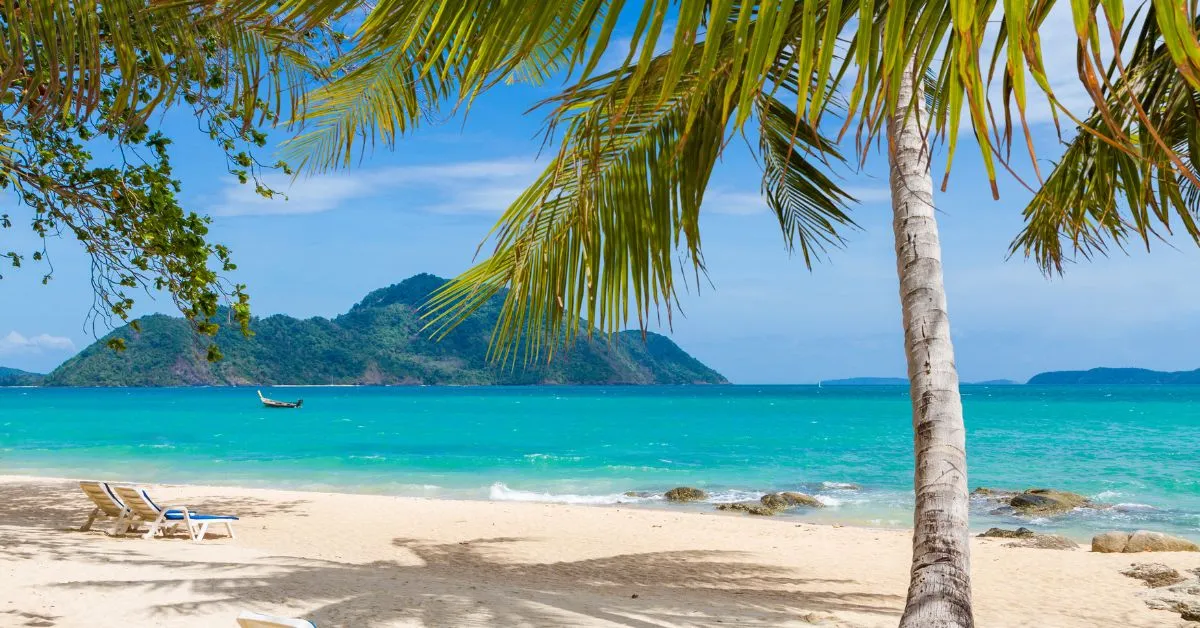Italy’s incoming far-right government will most likely attempt to usher in reforms to deny people their right to asylum.
But some of the ideas put forward by the expected premier-to-be Giorgia Meloni and her Brothers of Italy party are unlikely to see the light of day.
Among them is a proposal for a “European military mission, carried out in agreement with the Libyan authorities,” to stop people from fleeing towards Italy.
“The question of sending military ships is not a possibility I would consider real,” said Luca Masera, a professor at University of Bresvia and a member of Italy’s Association for Juridical Studies on Immigration (ASGI).
Italy was already in 2012 condemned by the European Court of Human Rights for having intercepted at sea and then returned to Libya a group of 200 people.
Government authorities are obliged to abide by international human rights law, even if people are intercepted at high seas.
One way of getting around the ECHR ruling is having the Libyans do the interceptions and returns instead.
This was the underlying premise behind the creation of a Libyan search-and-rescue zone in mid-2018.
The newly-minted zone was in a maritime area that had previously been mostly coordinated by the Italian coast guard.
It was also created following a 2017 agreement between Libya and Italy by its then interior minister, Marco Minniti under the centre-left government of Paolo Gentiloni.
The agreement helps finance the Libyan coast guard, including with boats, who then prevent departures in the first place.
The Libyans were also getting help from the European Union under the pretext of saving lives at sea.
More of the same
Meloni still hasn’t offered details behind how such a plan would work in practice.
But a more likely scenario suggests Italy will simply continue to support the Libyans in the deal first agreed by Minniti in 2017.
That means more money and boats for the Libyan coast guard.
What is possibly more feasible is Meloni’s idea of offshoring the entire asylum process to countries outside the European Union.
“Maybe she will look for agreements with Tunisia, that seems the most likely but this is also the death for the right-to-asylum,” said Masera.
However, Meloni only has to look to Denmark’s minority social democrat government for inspiration.
Earlier this month, they announced a deal with Rwanda, in the hopes of one day transferring its asylum seekers to the country.
Denmark’s immigration and integration minister Kaare Dybvad Bek attempted to frame it as a humane response to tackling people smugglers.
The UK government plans to do the same, claiming such measures would reduce numbers crossing the English Channel.
Meloni has called such centres “hotspots”, a term first coined by the EU in 2015 as a solution for an efficient and streamlined asylum management.
Among the most notorious hotspots was Moria, a ghetto-like encampment on the Greek island of Lesbos that was torched to the ground in late 2020 and then abandoned.
Whatever the new Meloni government, which is set to take over in October, puts forward, the political signals paints a bleak outlook for migration in general.
NGO search and rescue vessels will likely be hit with more administrative fines and paperwork, forcing them to remain moored at ports.
And efforts by Matteo Salvini during his time as interior minister in 2018 to dismantle public reception facilities and services for asylum seekers will also likely resume.
But Italy also has a functional judiciary to challenge Meloni’s impulses, notes Francesca De Vittor, a professor at the Catholic University of the Sacred Heart in northern Italy.
“We have a constitution, we have a constitutional court, and we have a working judicial system,” she said.





















Discussion about this post